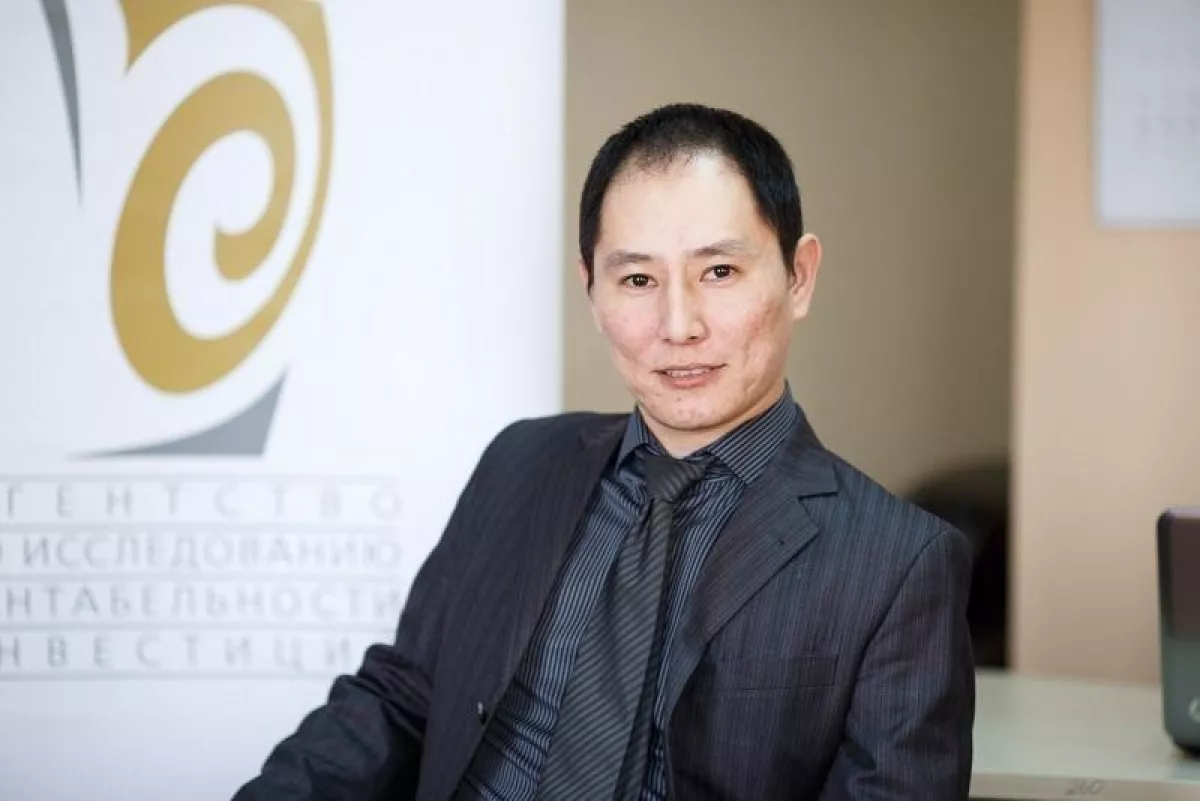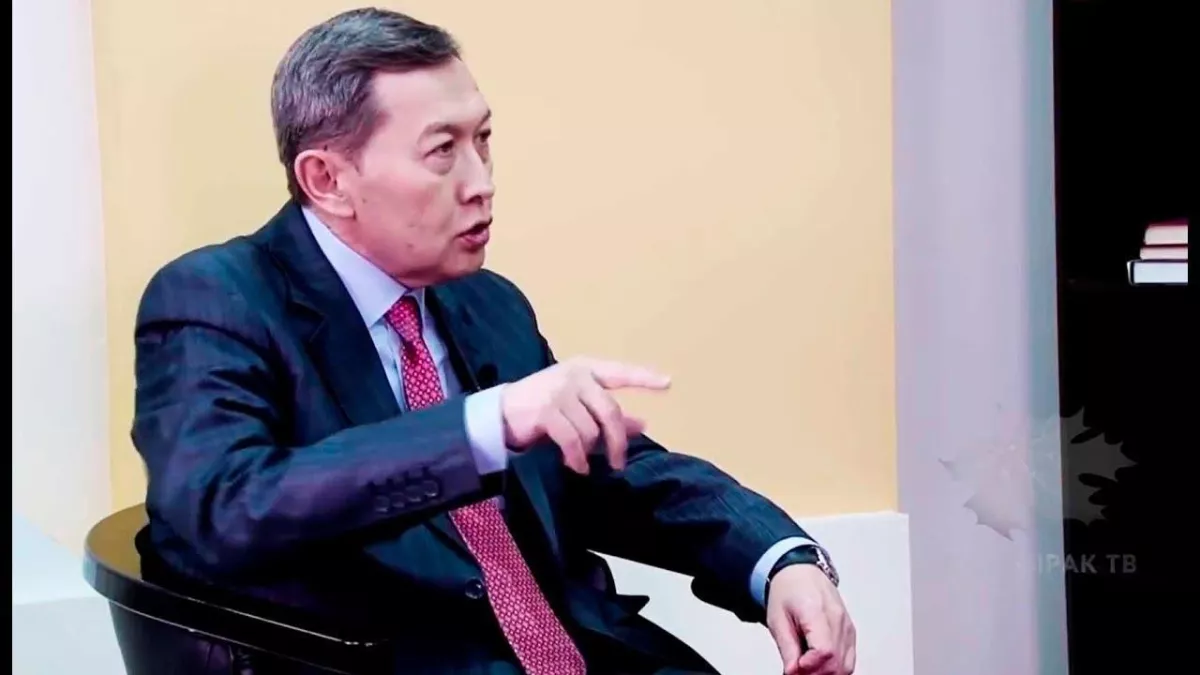“Asian NATO” initiative: A strategic response to China and Russia? Expert opinions
Japan's new Prime Minister, Shigeru Ishiba, advocates for the creation of an Asian version of NATO, reports The Associated Press. Global media also note that Japan's Foreign Minister, Takeshi Iwaya, stated that the idea of establishing an "Asian version of NATO" and a collective security architecture in the region is one of the potential future options. According to him, an Asian version of NATO is an idea for the future.
"I think [an Asian NATO] is valid as an idea for the future, but we should take time and consider it over the medium to long term," added the head of Japan's Ministry of Foreign Affairs.
He also mentioned that the situation surrounding Japan is the most severe since the war. "I think the most important thing now is to build a multi-layered network of relationships with like-minded countries and allies. We would like to enhance our deterrence capabilities this way," Takeshi Iwaya added.
To recall, on October 1, the parliament elected Shigeru Ishiba as Japan's 102nd Prime Minister.
Shigeru Ishiba was elected as the leader of the ruling Liberal Democratic Party and is known as one of Japan's most experienced politicians. He previously held the positions of Defense Minister, Agriculture Minister, and Minister for Revitalization of Local Economies.
After his election, Shigeru Ishiba emphasized that he wanted to make Japan a safe country where everyone could live peacefully. He also proposed holding early parliamentary elections on October 27 to gain public support for the new government.
So, what real objectives could an organization like the "Asian NATO" serve? Which countries, besides Japan, might join it? And is there a pressing need for the creation of an "Asian NATO"?
Well-known foreign experts shared their views on this situation with Caliber.Az.

Adil Kaukenov, Director of the Center for Chinese Studies "China Center" (Kazakhstan), notes that discussions about the so-called "Eastern NATO" are not grounded in strong reasoning for two main reasons.
"First, a kind of 'Asian NATO' has already been formed. Japan itself is part of this bloc, as American military bases are located on its territory. Additionally, another regional country, South Korea, is also a loyal ally of the United States. This trio already forms a powerful alliance in East Asia, which is clearly directed primarily against China and Russia. Therefore, it's quite challenging to identify additional countries that could be involved in this alliance, as regional nations are trying to play a delicate balancing act.
Creating a new version of NATO that would include Southeast Asian countries is quite problematic because they already have a well-established organization—ASEAN—that fulfils the necessary functions," the expert explained.
He emphasized that ASEAN successfully balances its strong ties with China while also maintaining productive collaboration with the Western bloc led by the United States.
“Therefore, discussions about yet another new 'Eastern NATO,' in my opinion, are more about playing to the situation with the aim of exerting further pressure on China, hoping that it will propose some form of a Chinese coalition in response. However, Beijing is, on the contrary, striving to emphasize its non-aligned status. Organizations in which China is a significant force, such as the SCO or BRICS, are not bloc-based and are not aimed at containing anyone. In contrast, any version of an 'Asian NATO' would clearly be directed against a specific adversary, just as NATO was originally created against the USSR.
It's worth noting that there have already been attempts in the region to create such blocs primarily directed against China—such as AUKUS—but overall, these efforts have not been very effective, as there are still divergent interests within these organizations. The duplication of these formats does not lead to each member country genuinely striving for a stable alliance with a clear focus. Most countries in the region actually have good relations with China. Even the United States, despite geopolitical competition with the PRC, has the largest trade turnover with China in the world. This all suggests that discussions about an 'Asian NATO' are more of a tool to probe and gauge the situation—a political and informational game with China," Kaukenov believes.

Kyrgyz political expert, Doctor of Historical Sciences, and Professor Askar Dzhakishev noted that the collapse of the bipolar world order following the dissolution of the USSR set in motion countries in Asia, where the balance of power has fundamentally changed due to the growing role of the China as a respected mediator not only in Asia but on the global stage as a whole.
"This situation raises significant concerns for Japan and its American ally. In fact, for Japan and the United States, China represents the main threat in Asia. Therefore, the aim to isolate and corner China, making it a pariah, is a common goal of Japan and the US, which is why the idea of creating an Asian equivalent of NATO has been proposed," the professor stated.
According to him, it must be acknowledged that this idea is not without prospects, as several Southeast Asian countries have disputed border territories with China, and China takes a rather firm stance on this issue.
"This situation could prompt these countries to consider membership in 'Asian NATO' as a means to secure their safety in the face of the growing threat from China," Dzhakishev concluded.








